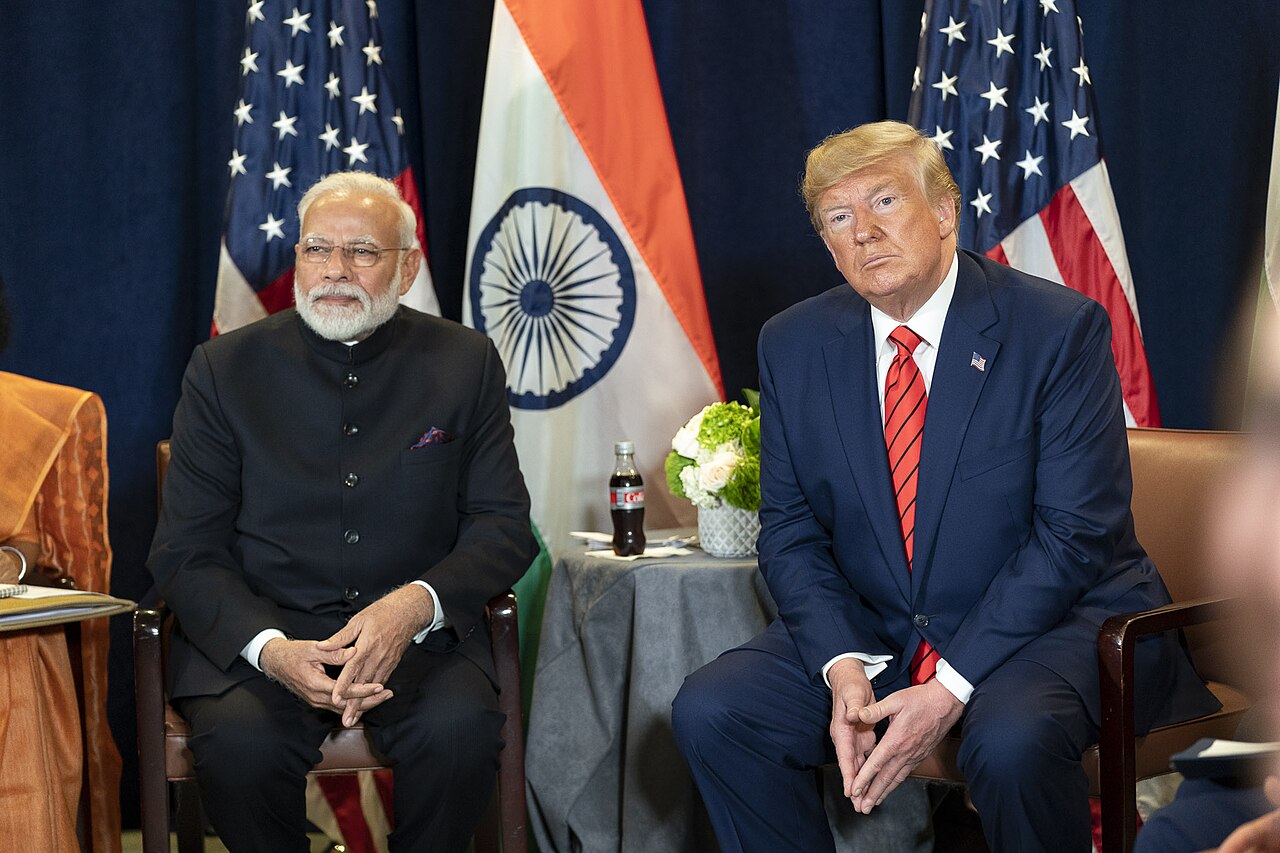How Trump’s Tariffs Could Actually Benefit Indian Activated Carbon Manufacturers The recent U.S. tariffs on Indian imports, announced in August 2025, have created a stir across multiple industries. While tariffs are often seen as obstacles, they can also open doors for innovation, market diversification, and long-term growth. Indian manufacturers of activated carbon, especially coconut shell-based producers, are well-positioned to turn this challenge into opportunity. Understanding the Situation The U.S. has introduced tariffs on certain Indian goods, aiming to balance trade relations. While activated carbon is not exempt, the impact may not be entirely negative. Indian manufacturers can leverage their high-quality production, global compliance standards, and cost efficiency to remain competitive in international markets. Opportunities for Indian Activated Carbon Manufacturers Market Diversification Instead of relying solely on the U.S., Indian exporters can explore emerging markets in Europe, the Middle East, Africa, and Southeast Asia, where demand for water treatment, air filtration, and industrial activated carbon is growing. Strengthening Brand ValueIndian activated carbon manufacturers are known for coconut shell-based high-purity products, suitable for sensitive applications like pharmaceuticals, potable water, and air purification. Marketing this quality can attract premium buyers globally. Innovation and Product UpgradationTariffs can act as a catalyst to invest in advanced grades of activated carbon, such as acid-washed, silver-impregnated, and catalytic carbons, opening up new niche applications and higher-margin markets. Strategic Pricing & Supply Chain OptimizationBy improving logistics efficiency and optimizing supply chains, manufacturers can maintain profitability and enhance reliability, making them more attractive to international clients even under tariff conditions Positive Outlook Indian activated carbon manufacturers are resilient. With quality, traceability, and global compliance, they have a competitive advantage that many other suppliers cannot match. Tariffs encourage diversification, innovation, and brand strengthening all of which can position India as a leader in the global activated carbon market. Conclusion While U.S. tariffs might seem like a hurdle, they present an opportunity for Indian manufacturers to expand into new markets, upgrade product offerings, and reinforce their global reputation. With strategic planning, Indian activated carbon producers can turn this challenge into a springboard for long-term growth and international success. Lorem ipsum dolor sit amet, consectetur adipiscing elit. Ut elit tellus, luctus nec ullamcorper mattis, pulvinar dapibus leo.

